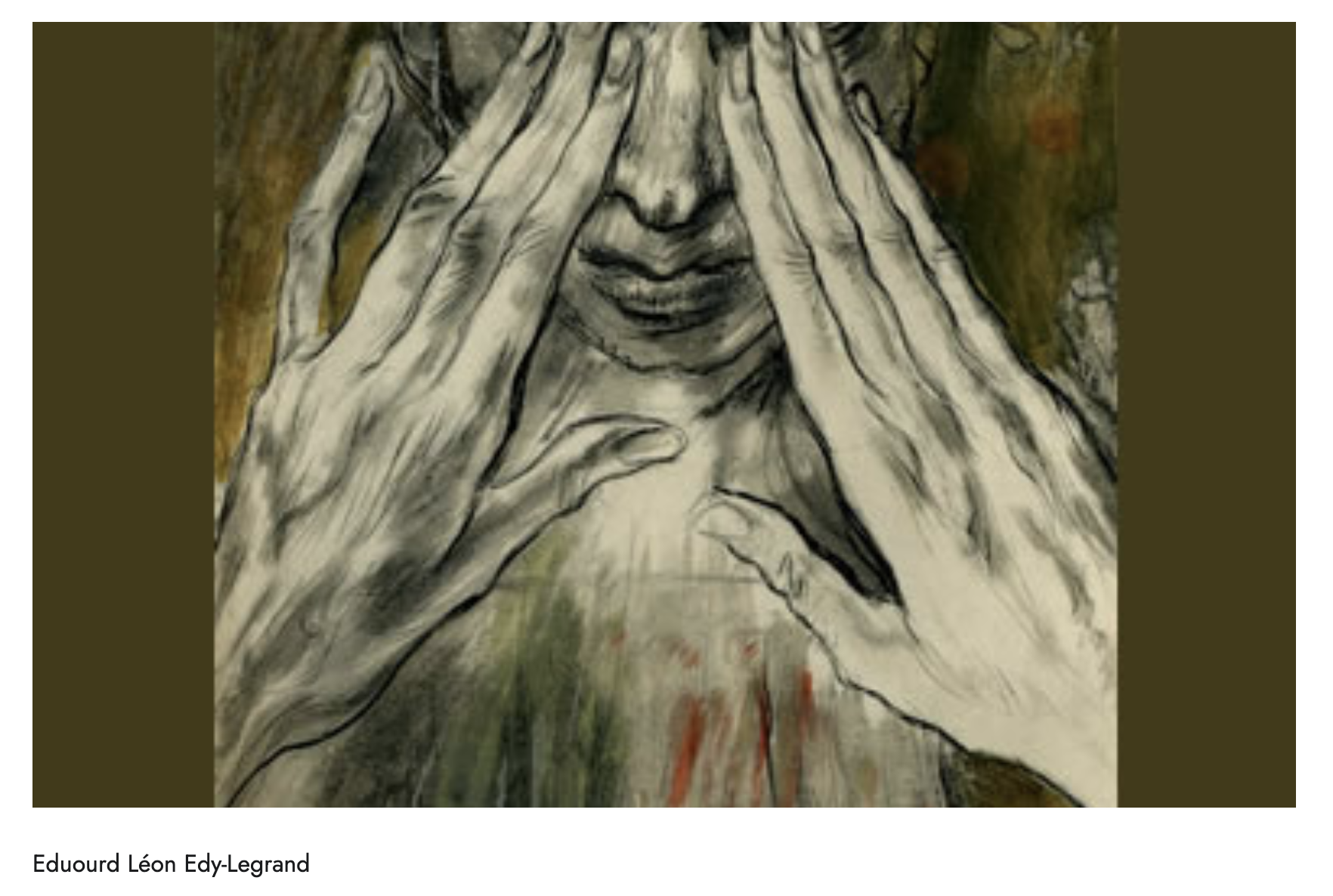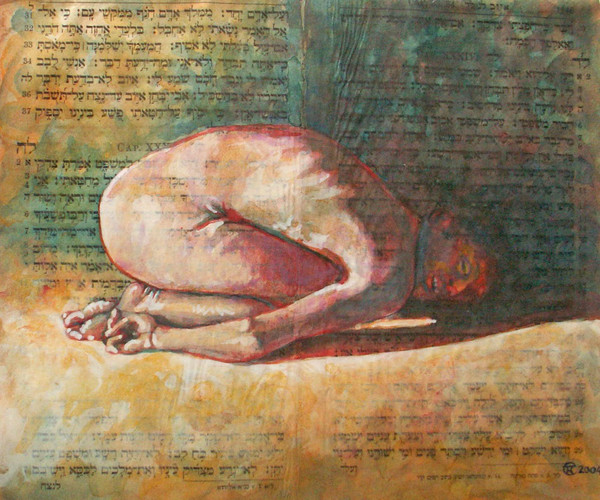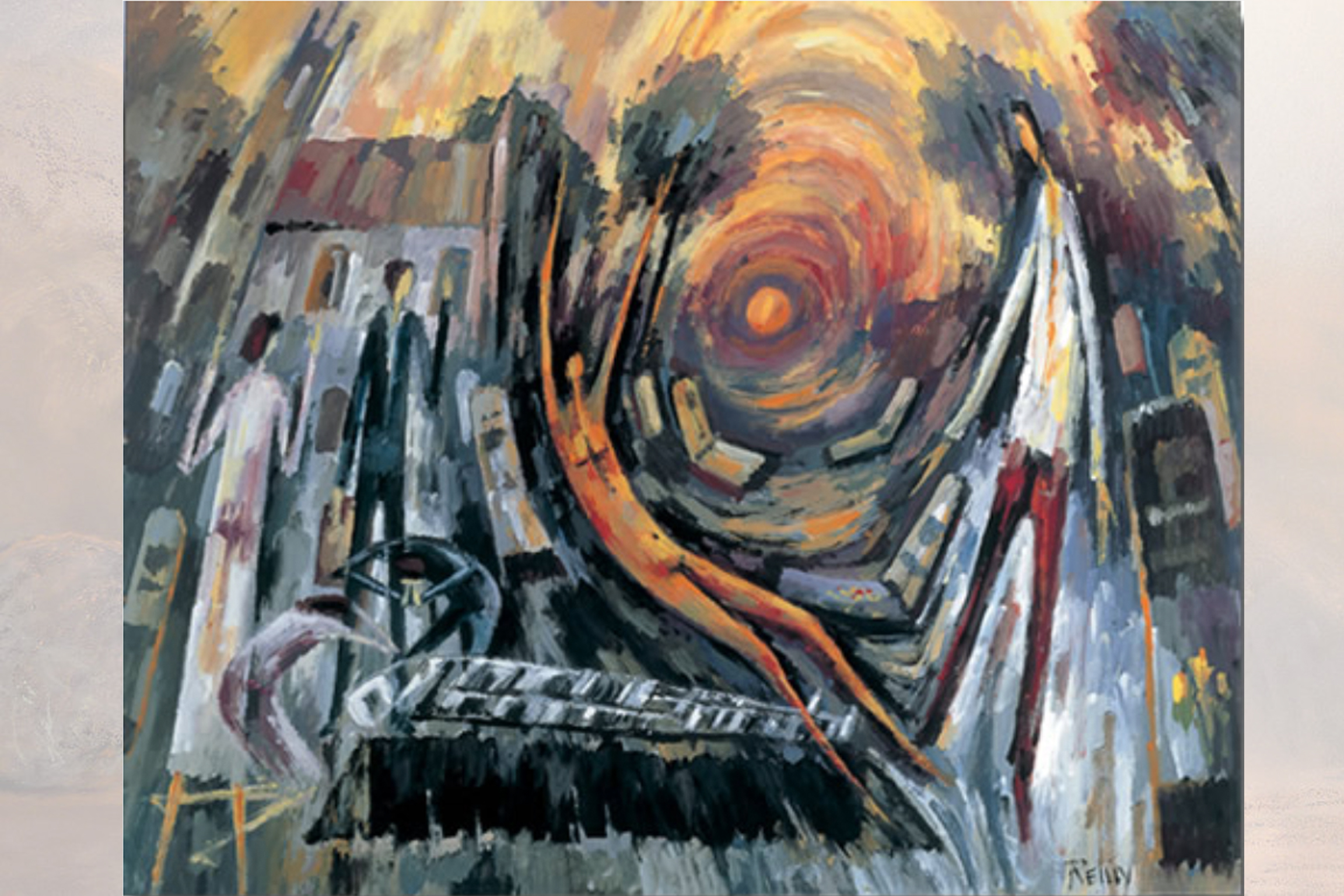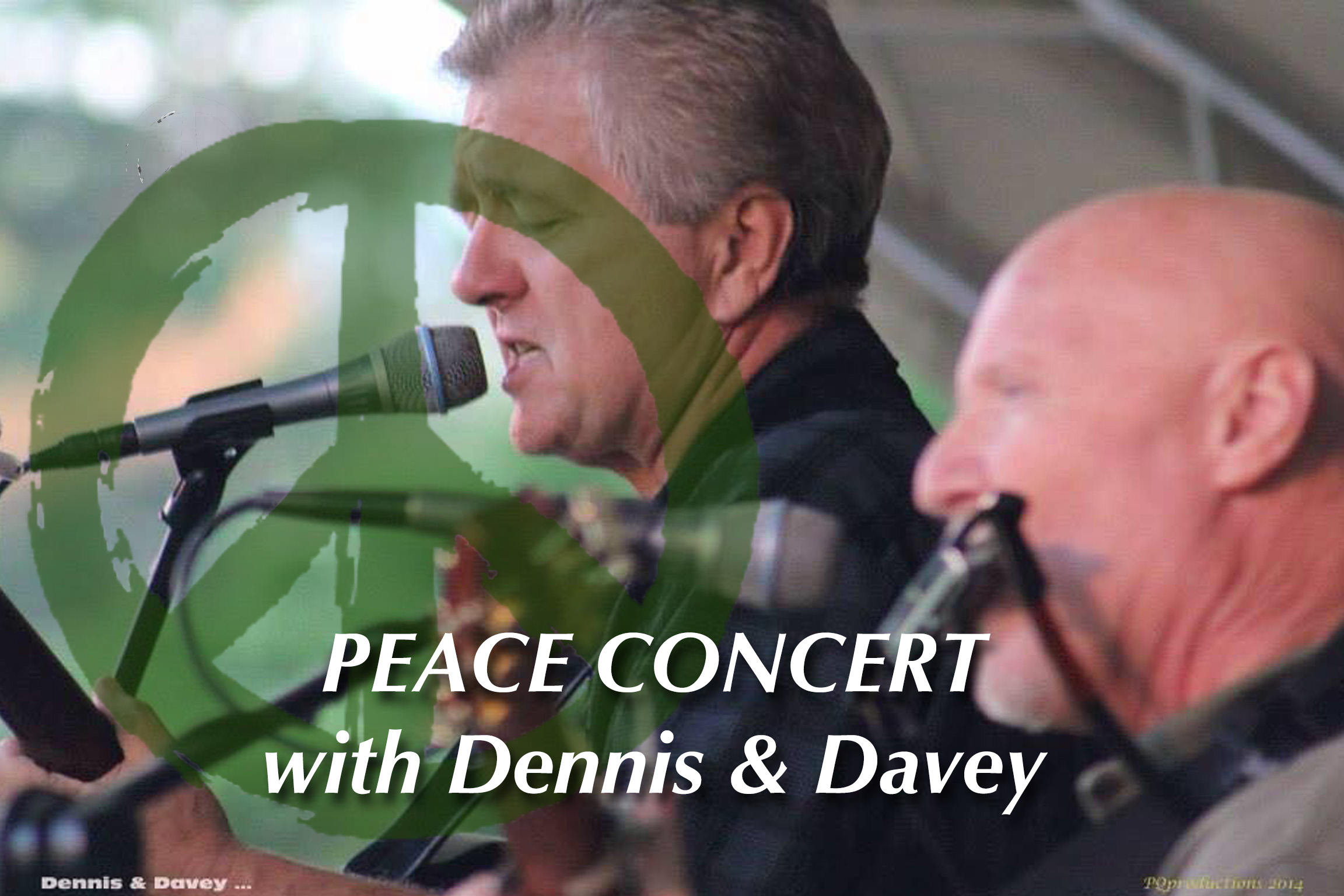Gratitude Daily Devotional Nov 21: Grateful for Mentors
GRATITUDE Daily Devotional Cultivate gratitude each day this month. Day 21: Grateful for Mentors Scripture: Proverbs 27:17 — As iron sharpens iron, so one person sharpens another. Meditation: Mr Rogers said, “When I was a boy and I would see scary things in the news, my mother would say to me, “Look for the helpers. […]




